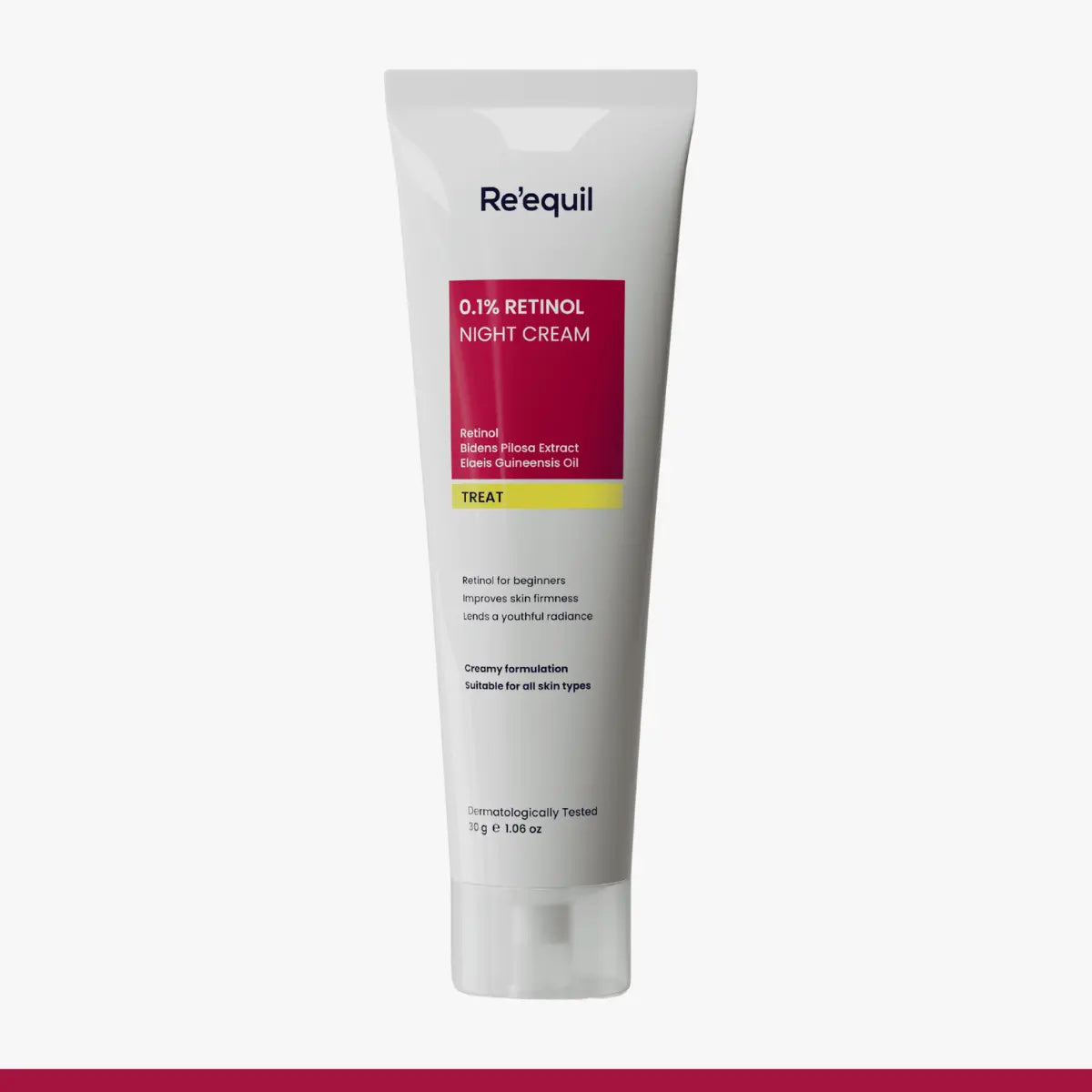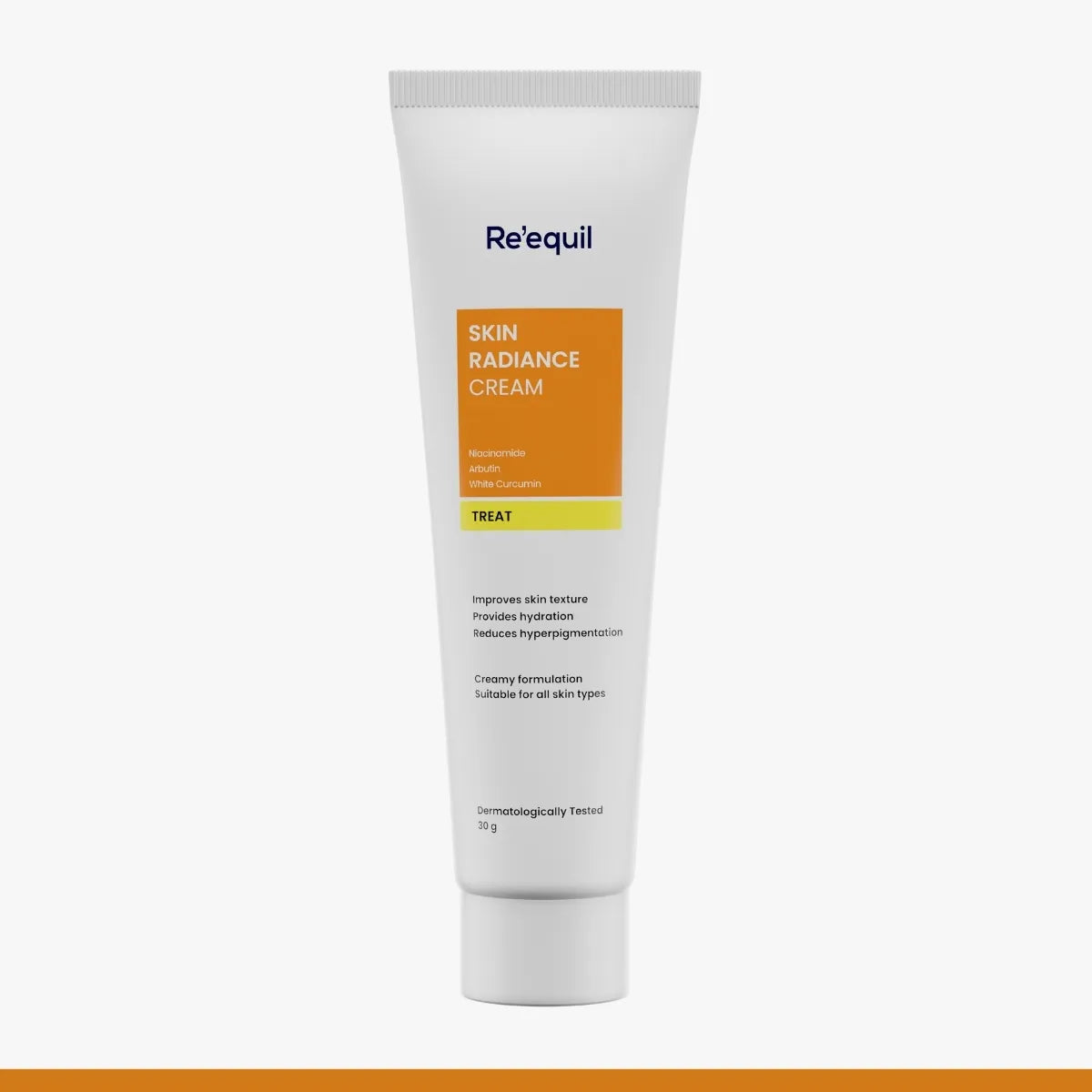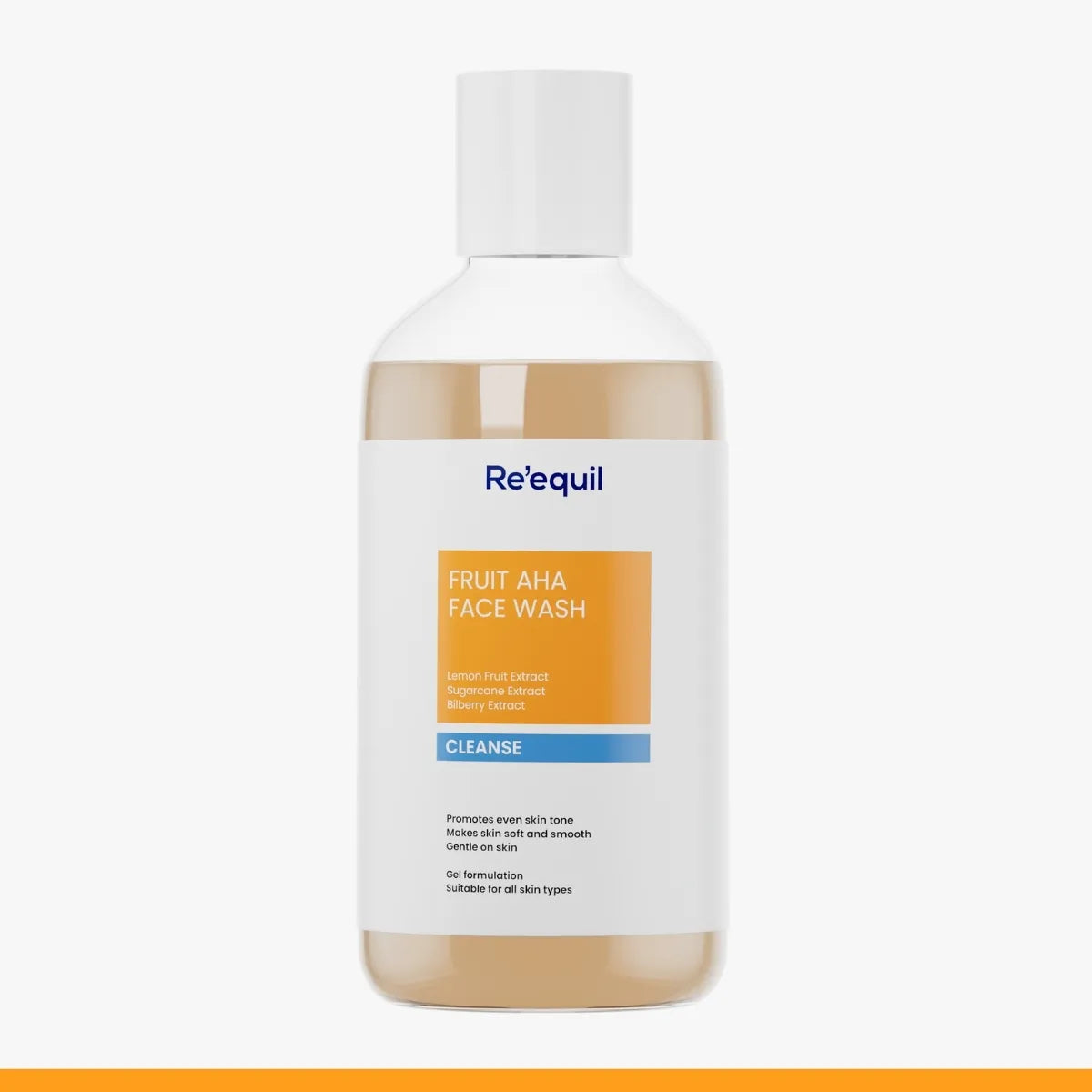Like many people who have accumulated some savings, my best friend and I decided to invest in the stock market.
He played safe: stocks, equity, bonds, and mutual funds.
I believed in spontaneity and instant results. Intraday trading. F&O (future and option).
A few years later, his portfolio rose steadily while I lost every cent of my savings.
But why am I telling you this?
To understand what overnight success and instant results feels in reality.
The age of instant gratification
Adages like 'Time is money', 'It's now or never' have never felt more relevant.
The world today equates intelligence with immediacy.
Everything around us, whether it's delivery, entertainment, dating, or information, is designed to happen faster. The language of technology has turned 'waiting' into a system error.
If it doesn't happen now, we assume something's wrong.
Psychologists call it instant-gratification bias. It's our preference for smaller, immediate rewards over larger, delayed ones.
Studies at Stanford and the University of Chicago found that since 2010, the average attention span during online activity has dropped by 42%, while tolerance for delayed feedback has halved.
The outcome? A generation conditioned to expect improvement on demand.
The Culprit and the Victim
But who's really to blame?
It's easy to blame social media or technology, but the roots of instant gratification run deeper.
They trace back to the Industrial Revolution (late 18th century), when time became a metric. Factory clocks and assembly lines made efficiency a moral virtue. Waiting became a waste.
In the 21st century, we blame technology for steering us towards consumerism. But technology didn't create this mindset; it amplified it.
And the victims are us: our attention spans, our sense of pace, and our bodies.
The World Health Organisation estimates that one in four adults globally now experience chronic stress-related symptoms, while the American Psychological Association reports that 75% of adults feel "constant pressure to be productive."
That pressure has rewritten how we experience rest, recovery, and wellness. We treat our bodies the way we treat our inboxes — refreshing for updates instead of allowing renewal.
The paradox of quick-fixing health
The logic of Instant gratification isn't confined to productivity at work or the little dopamine boost; it quietly shapes the way we care for ourselves.
We now expect our bodies to heal as quickly as our browsers refresh.
The cold should vanish overnight. Stress should dissolve after a good night's sleep. Skin should heal itself in a blink. Results should be visible spontaneously.
And when it doesn't, we reach out to quick fixes: stronger coffee, more sleep, a newer routine.
But biology doesn't obey bandwidth. It values rhythms, not shortcuts.
Here’s an example to understand this better: dermatological research shows that meaningful cellular renewal takes 6–12 weeks of consistent care.
Yet, most people abandon their routine within just a week — not because it failed, but because it didn't deliver fast enough.
Ironically, impatience itself delays progress.
The Way Ahead
Let's face it: we all enjoy a bit of instant gratification. And it's important because that's what makes us human in the first place.
However, to not let it impact our mental and physical well-being, the antidote isn't withdrawal; it's recalibration.
But health, like investing, doesn't reward impulse. It rewards consistency.
For example, I have suffered from severe acne all my life. However, only after endless trials and errors and failed quick fixes, I realised that the solution was simple: I just had to stick to a basic skincare routine that worked to bring my skin to its natural state.
Tying this realization to life, it means progress isn't speed. It's steadiness.
The closing thought
In many ways, health behaves like the stock market.
Both reward those who stay invested — not those who chase every rise and fall.
Trade on impulse, and you lose. Healing, like compounding, only works when you give it time to mature.
You don't see the change every day, but that doesn't mean it's not happening.
The most dependable returns (in health, skin or the market) belong to those who trust the process and stay.





